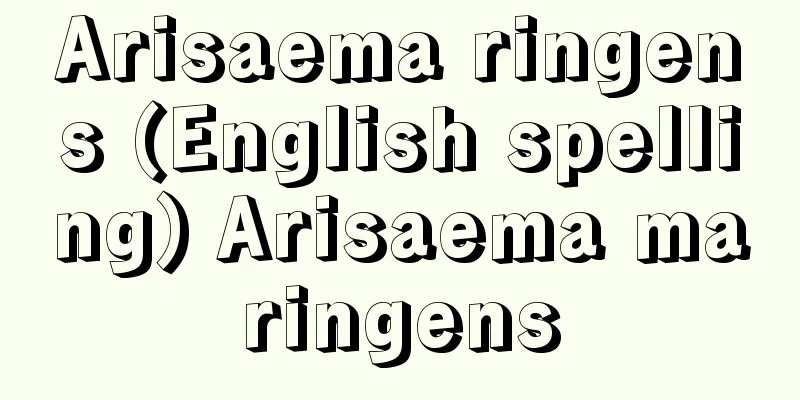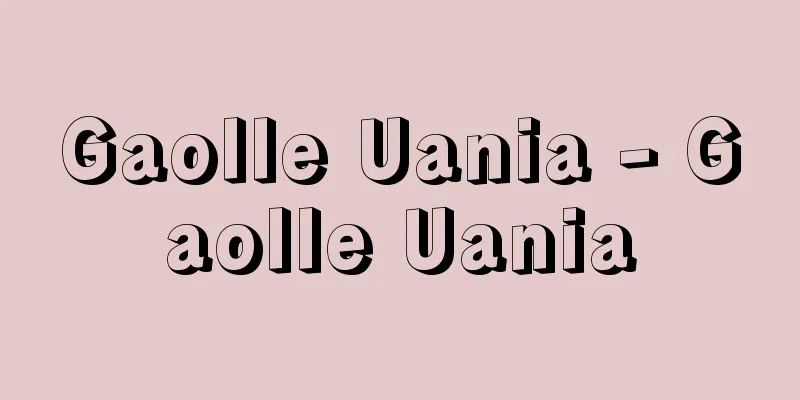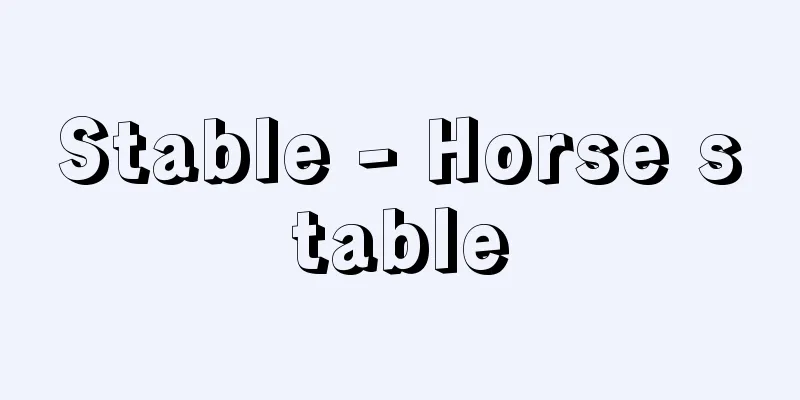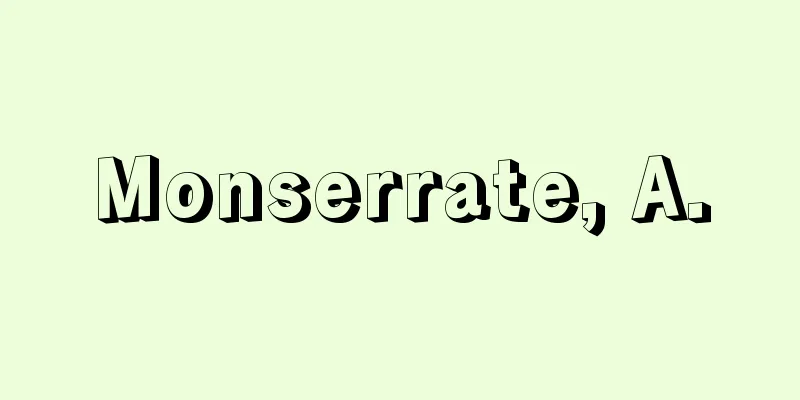reason
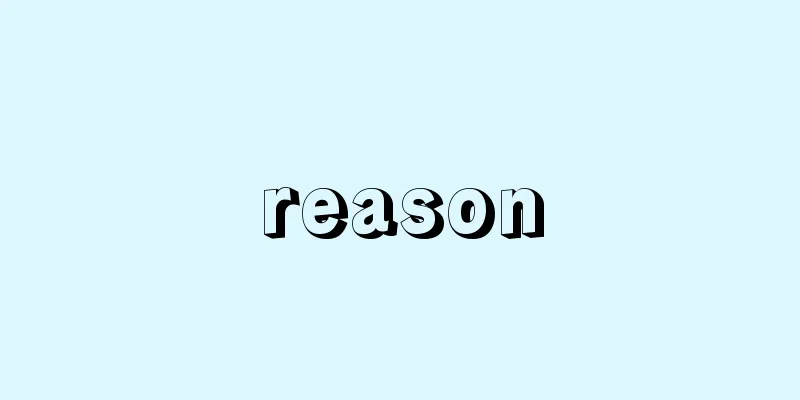
|
…The power of thought and cognition inherent to humans is generally called intellect or reason, and since ancient times has been said to include two aspects: understanding, which analyzes and argues according to rules, and reason, which intuitionally and insightfully perceives principles and origins, and oversees and governs them. It has been distinguished from instinct, sensation, memory, imagination, and will, and has been contrasted with revelation and faith. *Some terminology explanations that mention "reason" are listed below. Source | Heibonsha World Encyclopedia 2nd Edition | Information |
|
…人間に固有の思考力,認識力は一般に〈知性intellect〉ないし〈理性〉と呼ばれ,古来,規則に従って分析し論証する〈悟性understanding〉,原理・始元を直覚・洞察して総観し統括する〈理性reason〉の二面を含むとされる。本能,感覚,記憶,想像,意志とは区別され,また啓示や信仰に対置されてきた。… ※「reason」について言及している用語解説の一部を掲載しています。 出典|株式会社平凡社世界大百科事典 第2版について | 情報 |
Recommend
Anatase - You
⇒Anatomite Source: About Shogakukan Digital Daijis...
Coligny (English spelling) Gaspard de Châtillon, Comte de
Born: 16 February 1519, Châtillon-sur-Loing Died A...
Battambang (English spelling)
Battambang. A city in western Cambodia, about 250 ...
Alcoholic cirrhosis
This is cirrhosis caused by long-term alcohol inta...
Public Occurrences, Both Foreign and Domestic
The first newspaper published in America. It was p...
Cuttlefish - Koika (English spelling) cuttlefish
A cuttlefish of the family Cuttlefish, class Ceph...
Orie Tsusaka - Orie Tsusaka
…In 1937, the new Asakusa International Theater, ...
Kazusa Kokufu
...former name of the province. Part of present-d...
Alexander VII
1599‐1667 Pope of the Roman Empire. Reigned 1655-6...
Recognition - shounin (English spelling)
Generally, it means to show positive intention re...
Military personnel
A general term for people who are not military per...
Demon Threat - Oniodoshi
...It is also customary to rub beans on the body ...
Artificial hibernation - jinkotomin
A method of lowering body temperature by cooling t...
White Highland
A colloquial name for the white-occupied farming a...
Base fertilizer - Motogoe
〘 noun 〙 Fertilizer applied to cultivated land bef...



